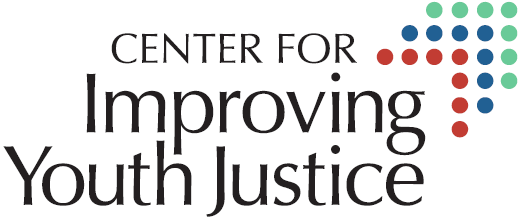Deena Corso, Director, Multnomah County, ORnn“Nothing like a pandemic to reinvigorate detention reform,” Deena Corso said with a little laugh. The director of the Juvenile Service Division (JSD) at the Multnomah County, OR, Department of Community Justice, has been working in her office every day despite the governor’s stay-at-home order March 8. Corso has been responsible for the county’s diversion and community supervision services and the Donald E. Long Juvenile Detention Center since 2016.nSince March, the number of youths in the detention center dropped from 64 to the mid-to-high 30s, she said recently, and held even fewer youths before the local protests for racial justice. Operations at the detention center didn’t change immediately when the pandemic started, but probation services did. “It was like a switch was flipped and all of a sudden, the JCCs (juvenile court counselors) were told go home and figure it out,” she said. After a critical review of the current probation cases, only about 20 percent were deemed necessary to continue. Supervision of the remaining cases was adjusted – done on porches or in cars- and the number of youths placed in detention for violating probation were significantly reduced. Corso worked with the District Attorney to expand eligibility for diversion from detention to include the lowest level of assaults to shut the front door to new admissions even tighter.n“Is it better not to see kids as much? Or does that have a negative impact on public safety,” she wondered aloud. “I’m curious to see.”nWhile community supervision practices changed quickly for her agency, changes at the detention center happened more slowly. The center serves two different groups of youths awaiting a court hearing: youths who have been admitted since the pandemic started and youths caught up in a new law change eliminating the automatic adult prosecution of 15-, 16- and 17-year-olds. Corso and system partners have been able to expedite the processing of those youths’ cases so they spend less time in detention. Corso saw the length of stay decrease significantly, especially for youth of color. She credits the collaboration with her partners that was created by their participation in the Annie E. Casey Foundation’s Juvenile Detention Alternative Initiative (JDAI).
